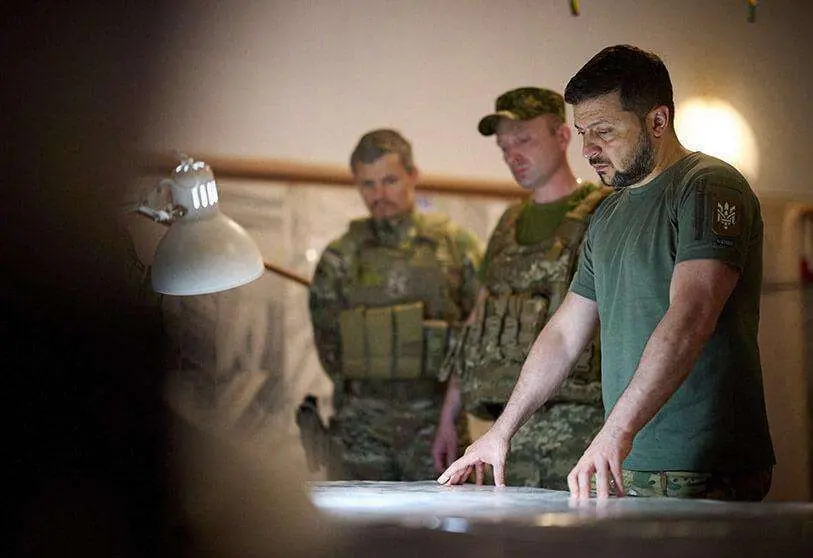The war between Ukraine and Russia escalates

It is almost a year since the start of the war unleashed by Russia against Ukraine and there are no signs that it will end in the short term. There is no prospect of peace negotiations to put an end to the fighting, which continues without a clear military outcome, while casualties continue to occur on a daily basis. The fear of a continuation of the fighting is worrying because of the indirect problems it is causing for the rest of the world.
On the contrary, according to information emanating from Washington and picked up by the mainstream media, which is usually the most reliable, the Russians are stepping up attacks in what is interpreted as an attempt to consolidate and expand their positions on Ukrainian terrain before German and American tanks begin to arrive and turn the situation in the occupied territories around. Moscow, on the other hand, is negotiating with the Iranian ayatollahs' government an agreement to interlink their banks in order to be able to jointly face the international economic sanctions that both countries are suffering.
The Ukrainian president himself has complained that the Russian artillery offensive has increased and that new troops are being amassed on some fronts. Zelensky is concerned about the impact on NATO and public opinion of the corruption scandals that last week forced him to dismiss eleven high-ranking officials who were allegedly benefiting from the war situation.
Of particular note was his request to the United States for F-16 fighter jets, the most advanced in air strike capability, to counter Russian air strikes against strategic installations and centres that will be essential for the Leopard and Abrams tanks to accelerate their arrival and entry into operation. But Biden's own response was negative. Just as South Korea, which is not a NATO member, responded negatively to the US request that it join in sending arms and assistance to the Kiev government.
In return, the US has announced that it will provide high-precision, rocket-propelled bombs with a range of up to 250 miles. These are expected to be highly effective in striking specific targets in Russian positions. Washington continues to press for assistance, but Alliance insiders acknowledge that some members are beginning to grow weary of the lack of a clear future of the conflict.

